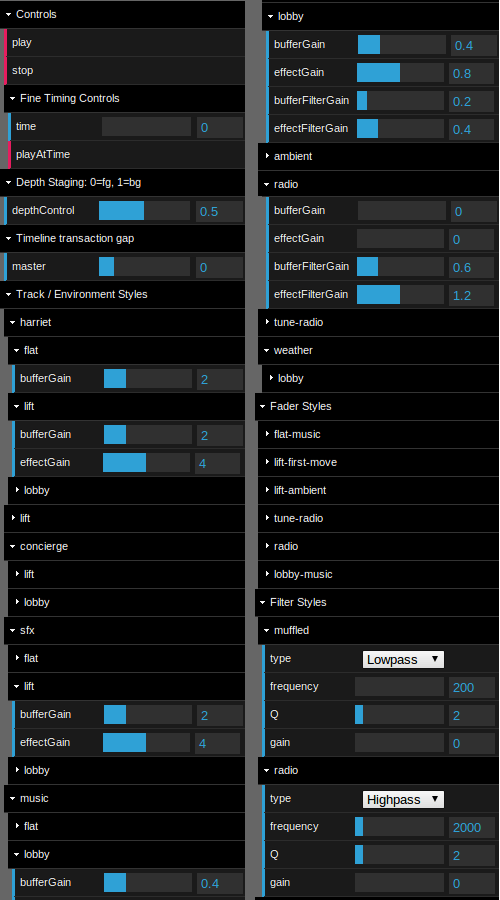So in the same vein, I thought I’d share some of the ones I’m listening to at work, on the go or in the mornings when getting ready for work . I included the RSS feed because some of them have that frustrating apple podcast link and I need the RSS for
my smarty pants podcast system.

RISK! is a live show and podcast where people tell true stories they never thought they’d dare to share in public
Talking of death sex and money, imagine if there was podcast which was a cross between that and the Moth. That is pretty much RISK and its great listening, with lots of quite quiet laughing at work.
RSS – http://feeds.feedburner.com/risk-show/yWzy

Team Human is a manifesto—a fiery distillation of pre-eminent digital theorist Douglas Rushkoff’s most urgent thoughts on civilization and human nature. In one hundred lean and incisive statements, he argues that we are essentially social creatures, and that we achieve our greatest aspirations when we work together—not as individuals.
Team human is just a fantastic listen, real high level conversation with a grounding in common sense. Such great guests and well worth it to hear Rushkoff’s thoughts at the top of each podcast.
RSS – https://feed.pippa.io/public/shows/teamhuman

The After on podcast is described as series of unhurried conversations with thinkers, founders, and scientists. Like Teamhuman, its great to hear the conversations about the future. Not every episode is as interesting to me as others but when they are, its perfect.
RSS – http://afteron.libsyn.com/rss

Each week Deborah Frances-White and guests discuss topics “all 21st century feminists agree on” while confessing their insecurities, hypocrisies and fears that undermine their lofty principles.
This is essential listening for everyone, a combination of the live events cut together for the podcast. Its just perfect to hear the insecurities, hypocrisies and fears that undermine the sometimes lofty principles of a feminist in the 21st century. Funny but so insightful always.
RSS – https://guiltyfeminist.libsyn.com/rss
 Malcolm Gladwell’s Revisionist History and broken record
Malcolm Gladwell’s Revisionist History and broken record
Anything Gladwell is always full of insight and interesting. Even the most unlikely of subjects can be great. He’s gone of and started Broken record, which is ok but prefer Revisionist honestly.
RSS – https://feeds.megaphone.fm/revisionisthistory

If you know anything about TorrentFreak and Jamie King. Then you know filesharing, decentralised tech, copyright, etc are common themes. The guests are pretty incredible with the depth of the always on podcast but with a slight political insight of team human.
RSS – http://stealthisshow.com/feed/podcast

Darknet Diaries: True stories from the dark side of the Internet.
Following up from Steal this show, comes a format which is great to hear. Each episode is a single story told extremely well focusing on the hacking, cracking and related fields. Its actually very accessible without loosing the details which matter. Each episode is pretty compelling and you can feel the darkness as you listen.
RSS – https://feeds.megaphone.fm/darknetdiaries

Following Reni’s amazing book Why I’m not talking to white people about race. I found out she followed up with a series of podcasts. I haven’t had the chance to listen to them all yet but its well worth listening to and sounds a bit like the old guardian token series. I also find the nod podcast good but this is better, as its more focused.
RSS – https://audioboom.com/channels/4947699.rss

Because Online Life Is Real Life; Host Manoush Zomorodi shares real stories of life online and real talk about the future of the Web.
Excellent podcast from Mozilla, explaining different parts of the internet through a combination of stories, interviews and news stories. Really well put together and interesting to experts and novices on the internet.
RSS – https://feeds.mozilla-podcasts.org/irl





















